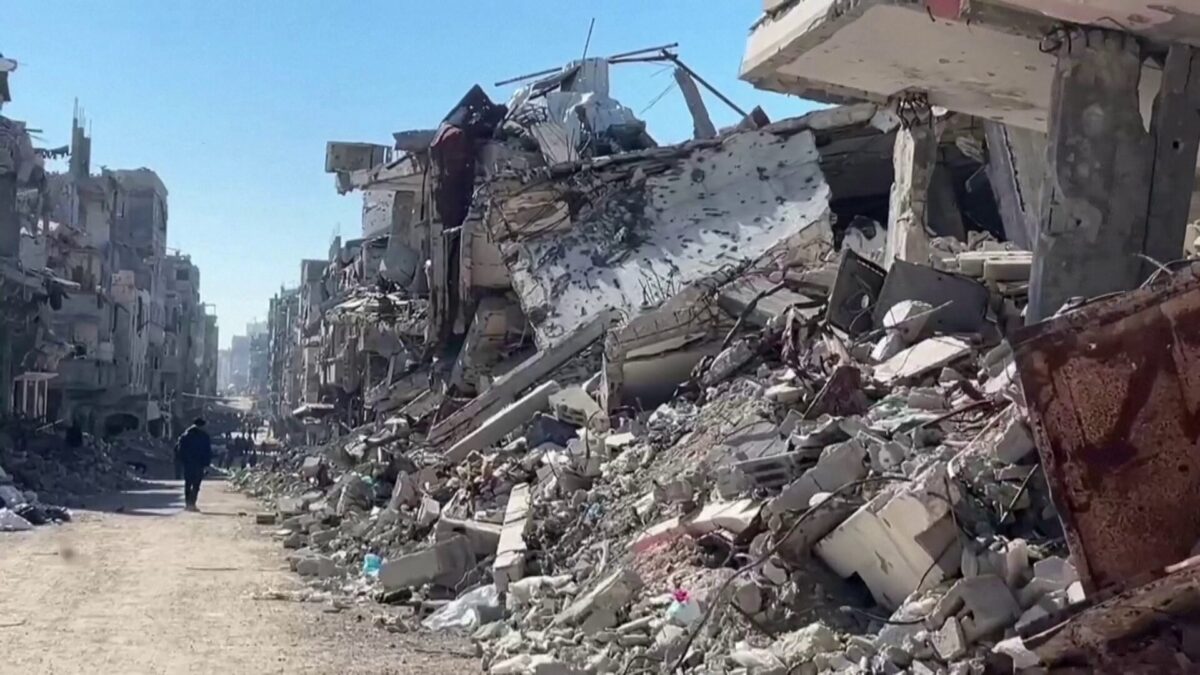GAZA CITY — Scenes of destruction filled Gaza City’s Shati refugee camp on Sunday as a long-anticipated ceasefire between Israel and Hamas was delayed. The pause in fighting, originally scheduled to begin Sunday morning, was postponed after disagreements over a list of hostages set to be released.
Israeli Prime Minister Benjamin Netanyahu demanded that Hamas provide a list of hostages to be freed under the agreement. However, Hamas cited “technical reasons” for its inability to comply, leading to continued airstrikes by Israeli forces.
Rear Admiral Daniel Hagari, an Israeli military spokesperson, confirmed the delay in a statement issued at 6:30 a.m. GMT, the time the ceasefire was supposed to take effect. “Hamas has not fulfilled its obligation,” Hagari said. “According to the Prime Minister’s instructions, the ceasefire will not be implemented if Hamas does not fulfill its obligations.”
The ceasefire was seen as a critical step toward ending a 15-month war that has destabilized the region. However, Israel’s ongoing airstrikes have underscored the fragility of the agreement.
“As long as Hamas fails to meet its obligations under the deal, the army will continue to strike Gaza,” Hagari added.
The war, which began in October 2023, has claimed thousands of lives and displaced countless civilians, exacerbating humanitarian crises across the region.
Both sides had initially signaled optimism about the ceasefire, which is intended to include the release of hostages held by Hamas in exchange for the easing of restrictions on humanitarian aid to Gaza.
The delay highlights the complexities of brokering peace in a conflict marked by deep-seated mistrust and competing demands. With each hour of delay, hopes for a lasting resolution remain tenuous, as international observers urge both sides to adhere to the terms of the deal.





